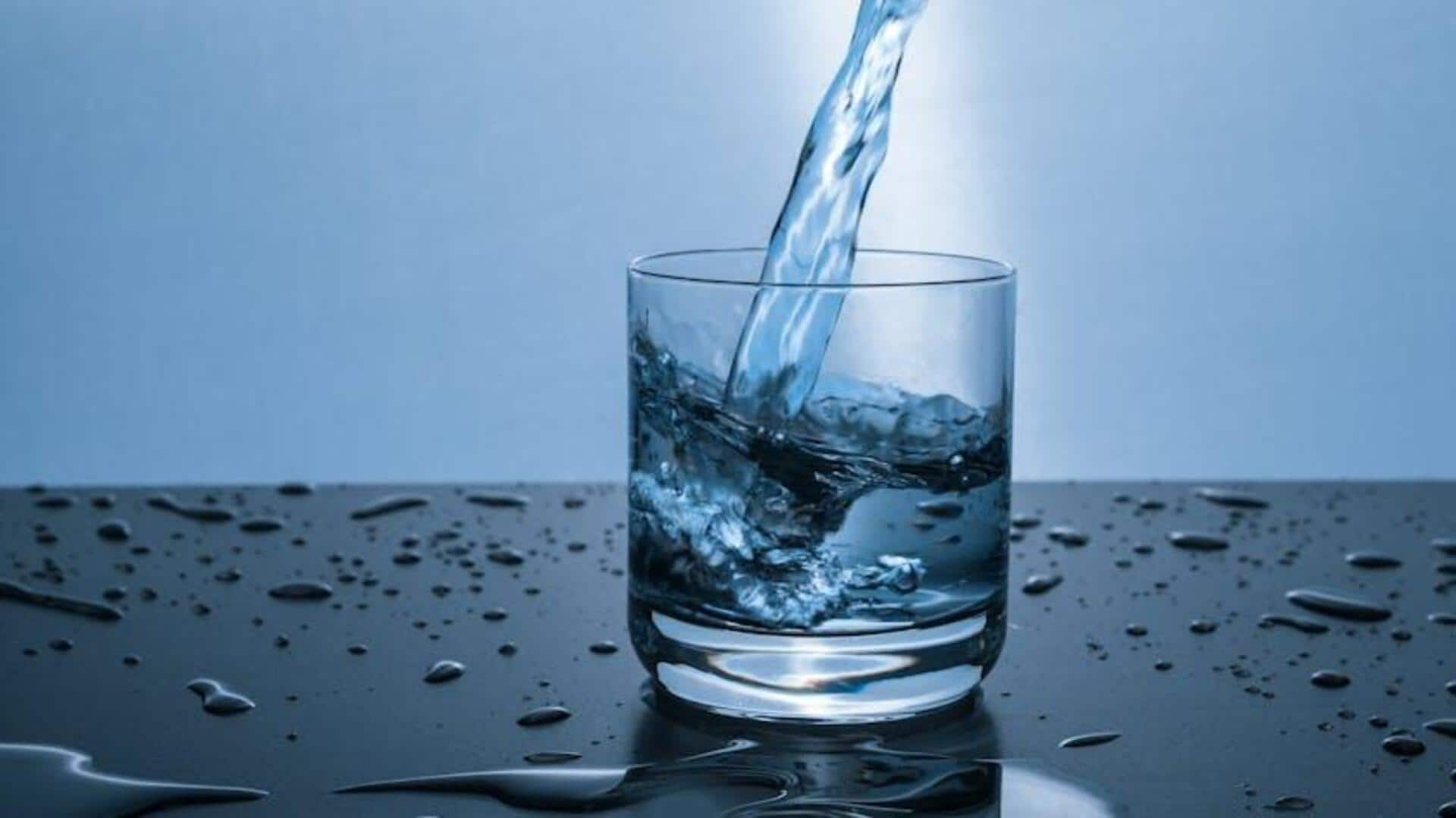
5 hydration myths you should stop believing
What's the story
Hydration is key to good health, but there are so many misconceptions about it. Many of us follow hydration myths blindly. This can easily confuse you and make you hydrate yourself the wrong way. Here's debunking five common hydration myths. These have been misleading people for years. Once you get to know the truth, you can stay hydrated and maintain optimal health.
Eight glasses myth
Myth: Everyone needs eight glasses of water daily
The notion that we all need to drink eight glasses of water a day is common but not wholly true. Your water requirements depend on your age, weight, level of activity, and climate. Some may need more than eight glasses a day, while others may need less. Paying attention to your body's thirst signals is a more dependable method of knowing your intake than following this myth religiously.
Thirst signal misunderstanding
Myth: Thirst means you are already dehydrated
Many think that feeling thirsty means you're already dehydrated. But thirst is just the body's natural response, to signal you that you need to take in fluids before getting dehydrated. It's an early warning system, not a sign of existing dehydration. Listening to thirst cues ensures that you stay properly hydrated without having to stress about being dehydrated.
Caffeine confusion
Myth: Caffeinated drinks dehydrate you
Caffeinated drinks such as tea and coffee are also believed to lead to dehydration owing to their diuretic effect. While caffeine does have mild diuretic effects, its effect on overall hydration is hardly anything when consumed in moderation. These drinks still add up to your daily fluid intake and don't lead to significant dehydration as we often believe.
Urine color misinterpretation
Myth: Clear urine equals proper hydration
Clear urine is often viewed as a sign of proper hydration, but that's not always the case. Urine color can be affected by factors like diet or medications apart from fluid intake alone. Pale yellow urine typically indicates proper hydration whereas consistently clear urine can be an indication of overhydration or drinking too much water than what the body needs.
Toxin flush fallacy
Myth: Drinking water flushes out toxins completely
The myth that drinking loads of water detoxifies the body oversimplifies detoxification. Our kidneys and liver filter waste naturally, without the need for excessive water. The process is efficient and bespoke, adapting as needed throughout our lives to reach wellness goals without over-relying on how much water we drink.